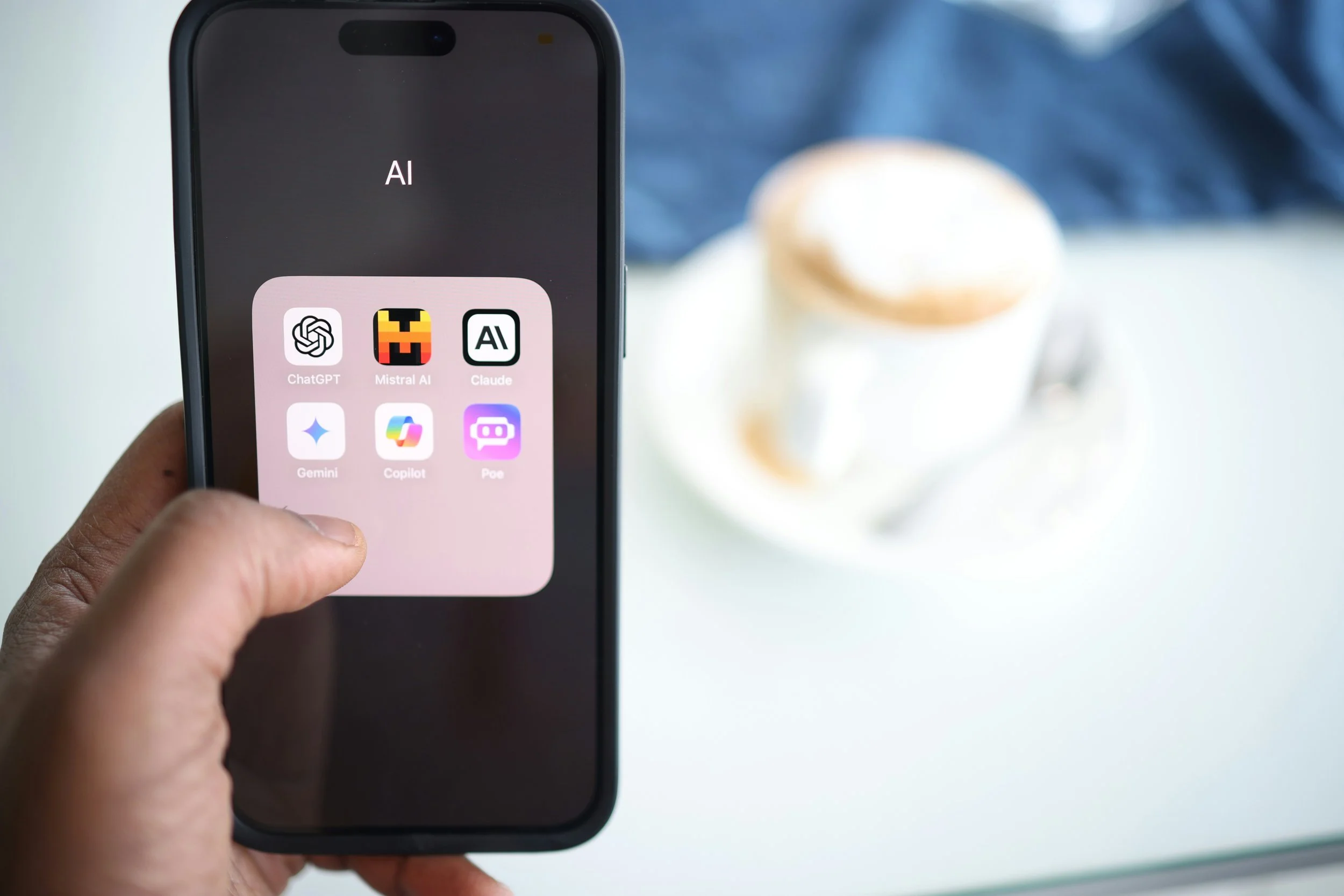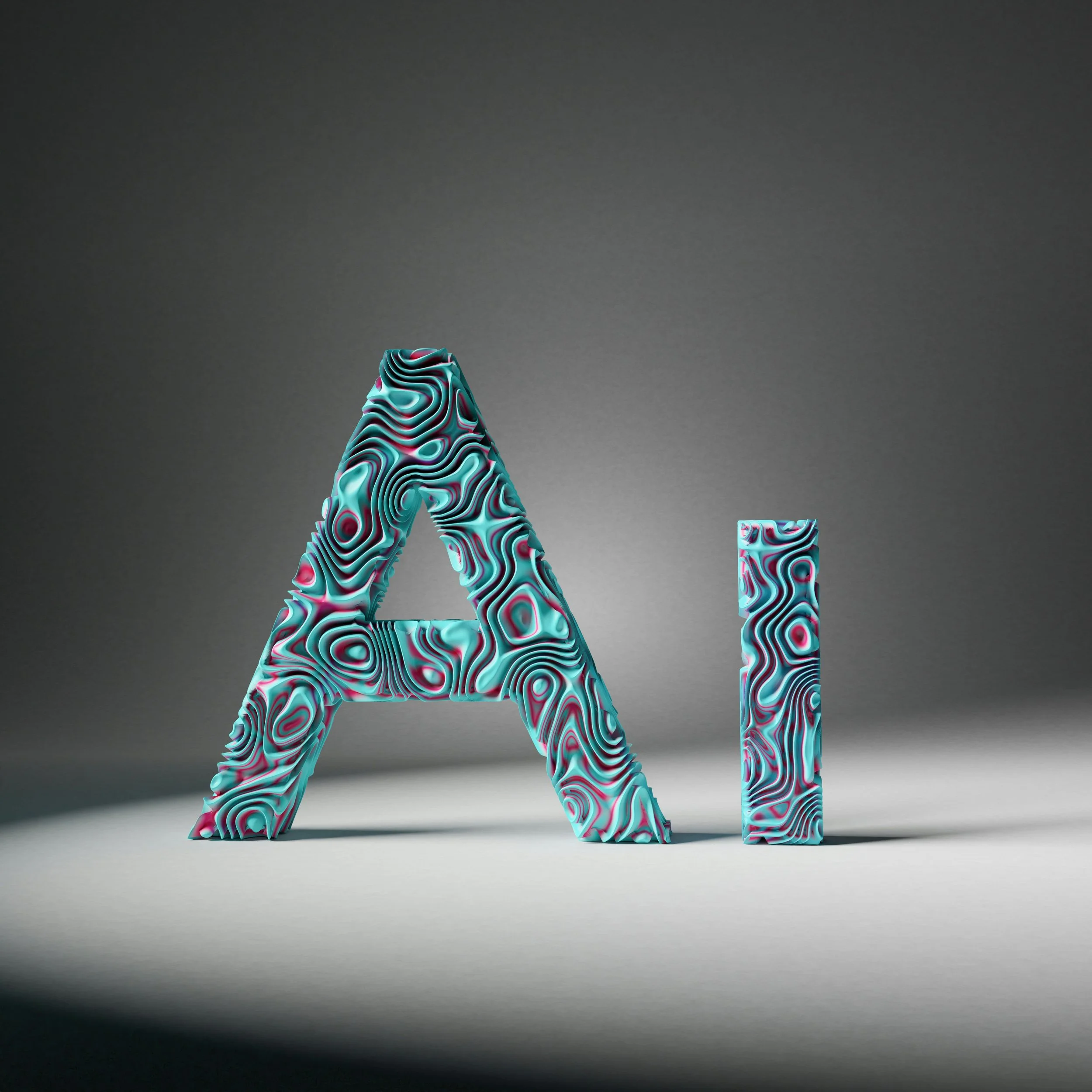AI and its Harmful Effects on Education and the Climate
Photo by Nahrizul Kadri on Unsplash
Written by: Leah Oake
Universities are a place for students to have their intellect honed and nurtured so they can become more knowledgeable in their particular field. Unfortunately, due to the intense regulations regarding scholarships and financial necessities, students are more focused on maintaining certain letter grades and averages than on learning. Due to this, students have been turning to AI for help. This is extremely concerning for multiple reasons, those being: unused education (universities provide the same amount of education to its students but some are choosing not to do the work that would help educate them), the decline within education systems, and the harm to the environment. AI is a tool that is becoming alarmingly regular and common within school systems (universities, high schools, middle schools, etc). It may seem beneficial right now, but as the negative effects of this system continue to grow, those benefits will be outweighed. I recognize that a lot of people who may be reading this use AI, but my hope is that after reading this article, you will rethink your AI usage and look for easy alternatives that can help you and our planet.
The unused education point refers to students paying to attend university but using AI instead of doing the necessary work to gain the education they were promised. The lack of education stems from the students' failure to learn. If we think of a medical student who uses Chat GPT (an AI chatbot that answers any question and provides somewhat correct results) and manages to successfully pass all their necessary exams, imagine how hard residency will be for them when they can no longer rely on AI. If they manage to make it even farther with AI as an established doctor, it is inevitable that they will make fatal mistakes. AI is a tool that can help with memorization and buzzwords, but it cannot teach you hands-on skills. In addition, as AI grows, they feed off of other AI’s, which are prone to giving incorrect answers. Thus, AI not only decreases a student's educational experience but also provides them with incorrect information.
Students have been using AI more then ever and because of this schools have begun to implement AI into classrooms. The main reason I’ve found for why schools are doing this is that students are exposed to cutting-edge technology at an increasing rate, and classrooms need to adapt to adjust accordingly.The education system has successfully taught millions of students for years, but now universities feel that there is a need for change because of these technological advancements. This change is not necessary. The implementation of AI within schools will allow students to develop a reliance on technology for their knowledge rather than actual, formidable tools like textbooks and real-life experience. In addition to this reliance, AI also presents privacy risks. Children are the most vulnerable people in society, and with the addition of AI, it is inevitable that some of the security risks will bleed into personal lives. Children are our future, and if we normalize AI to them at a young age, then it is highly possible that if the technology gets more dangerous and harmful, they will not deem it a threat. AI is everywhere, even at SMU. The Sobey School of Business offered “Saint Mary’s Youth Business Analytics & AI Co-op Program,” which focused on encouraging AI use and development. This program normalises AI which is far from what we should be doing, especially an educational institution.
The point that I think is the most important is the risk that AI poses to the environment. The AI infiltration of the education system is being focused on right now in the media. The majority of the articles about AI I've seen only highlight the benefits. The use of AI is actively killing our planet. The rapid development of AI requires electricity and water consumption. In order to train these AI systems, the systems strain water supplies and disrupt local ecosystems. AI actively takes away precious materials from our environment while putting money in the pockets of investors and creators of this tech. AI is being depicted in the media as a fun tool. It is not. Those TikTok trends where you generate an AI image or video of your dog dancing may be funny, but what is not funny is that those trends contribute to our Earth’s decline. Next time you go to ask Chat GPT a question or simply tell them “thank you”, understand that you are contributing to climate change and its disastrous effects.
AI is scary. Art is being stolen while “AI artists” are profiting off of true artists work. People with true talent are being overthrown by digital robots. Screenplay writers, editors, and artists (in every aspect) are being threatened. I feel helpless about what to do, as you may after reading this. To help, you can stop using AI and educate people on its harmful effects. There are so many other negative effects of AI that can be easily seen just with a simple Google search. Hopefully, after reading this, you have been made aware of the issues that come with AI implementation or have been further exposed to what you already know. Education is a wonderful thing, and we must work to preserve it.



